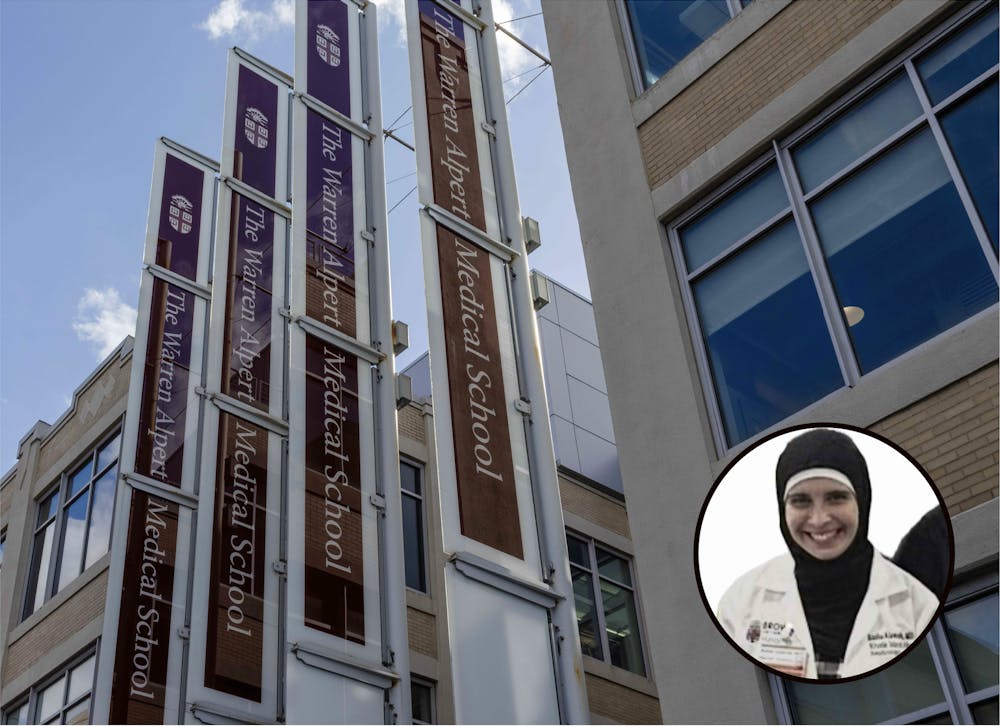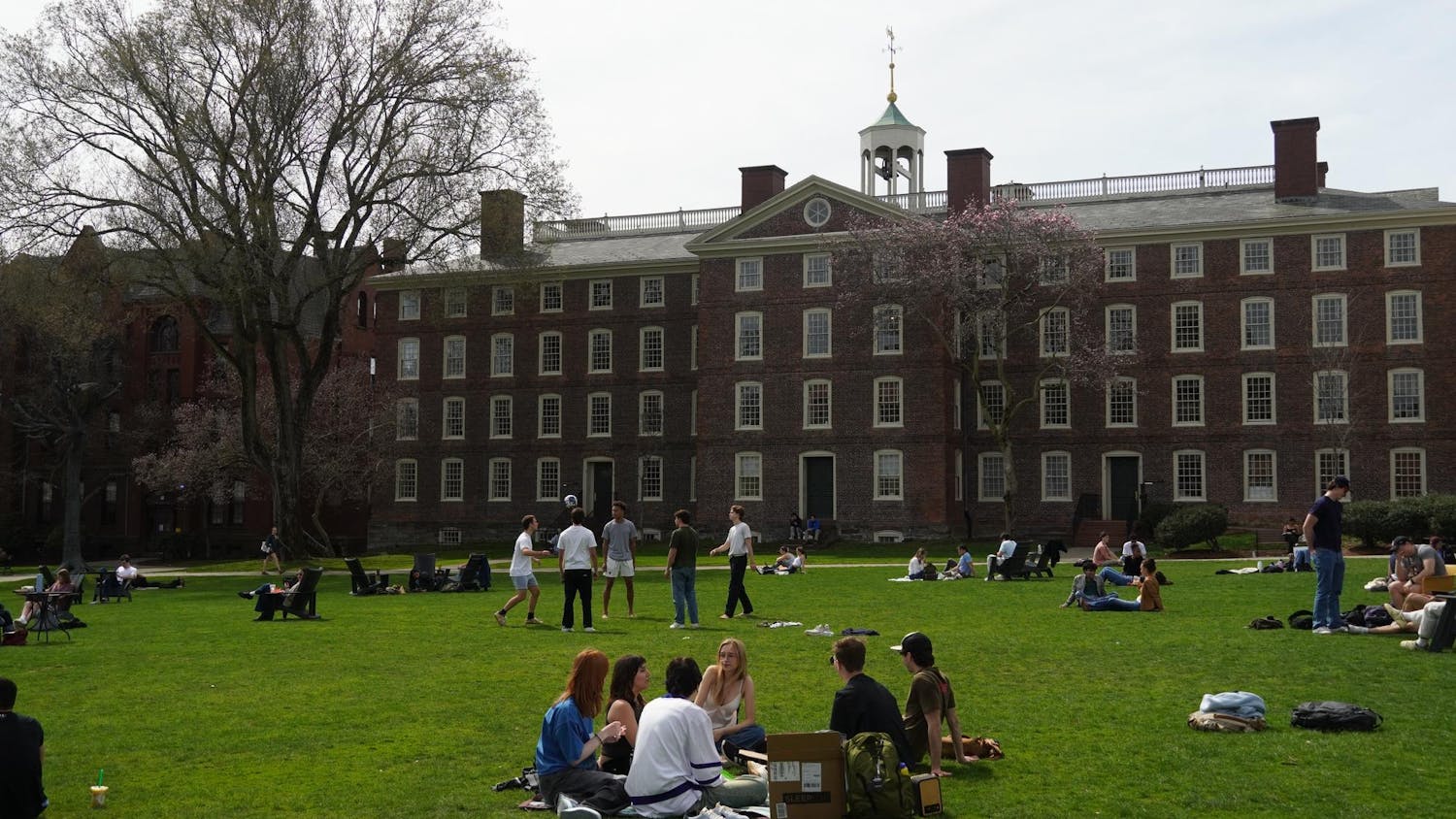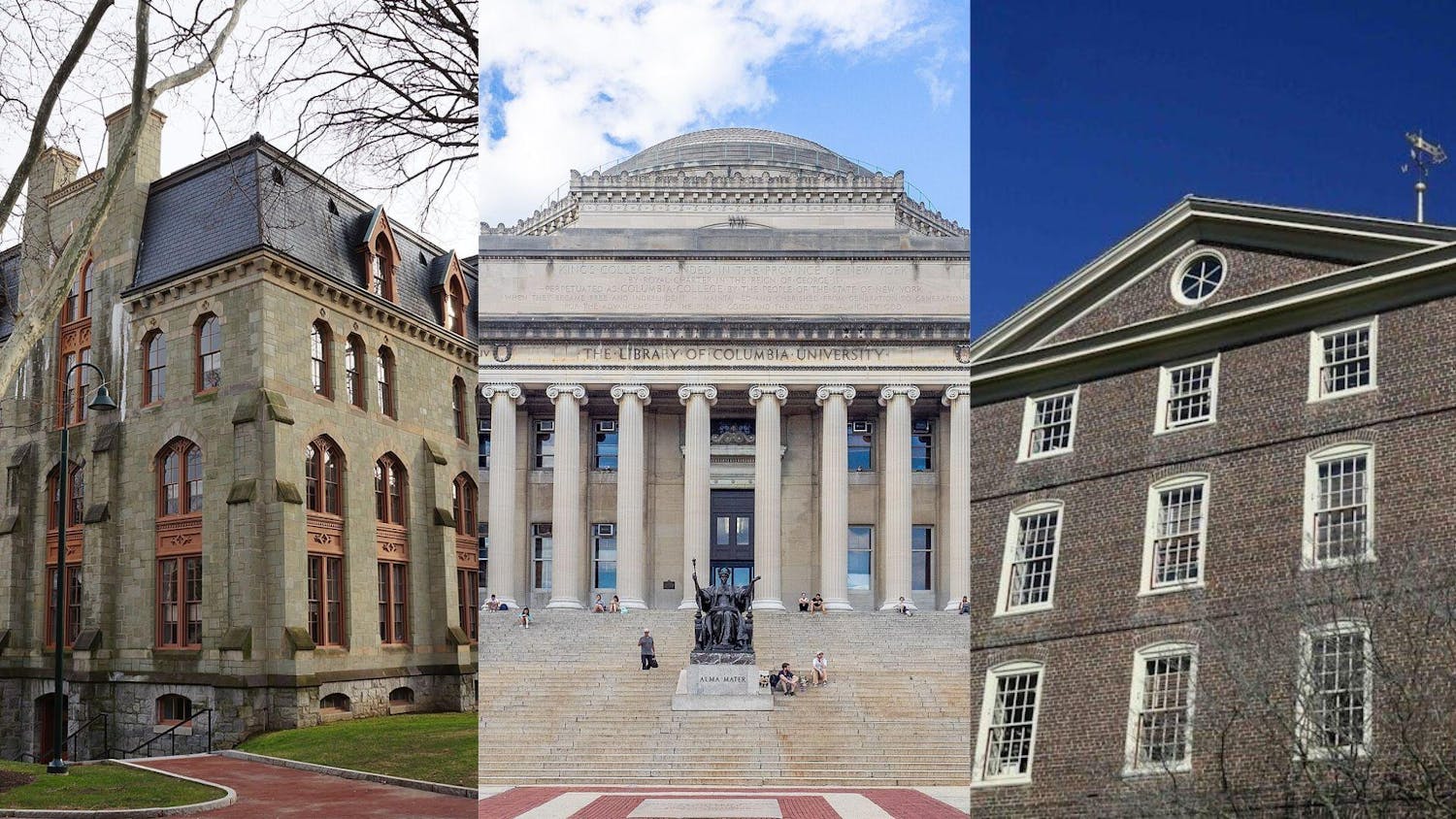Follow The Herald’s latest coverage on how the Trump administration is impacting Brown here.
Assistant Professor of Medicine Rasha Alawieh was deported to Lebanon on Friday despite a federal judge’s order and holding a valid H-1B visa — a decision made after Alawieh “openly admitted” to traveling to Beirut for the funeral of Hezbollah leader Hassan Nasrallah, according to the Department of Homeland Security.
Here is what The Herald knows about her.
Alawieh, a 34 year-old Lebanese citizen, earned her bachelor of science and medical doctorate degrees from the American University of Beirut in 2011 and 2015, respectively. She then completed her residency at American University of Beirut Medical Center in 2018.
That same year, Alawieh was approved to come to the U.S. on a J-1 student visa. She completed a nephrology fellowship at The Ohio State University in 2020, a transplant nephrology fellowship at University of Washington in 2021 and the Yale Waterbury Internal Medicine Program in 2024.
In July 2024, Alawieh began her assistant professorship in the Division of Nephrology at Brown Medicine, which sponsored her H-1B visa to complete her work, according to court filings.
An H-1B visa allows employers to hire foreign workers for positions that require specialty knowledge. Her visa petition was approved June 2024, court filings say.
At Brown, Alawieh has worked at Brown Medicine’s Division of Kidney Disease and Hypertension and is affiliated with Rhode Island Hospital, Miriam Hospital and Providence Veterans Affairs Medical Center.
Alawieh’s research has focused on the kidney, including risks associated with kidney transplantations and clinical trials for kidney stones. According to PubMed, Alawieh has authored six publications.
“My colleagues and I are outraged at Dr. Alawieh’s detention and deportation without due process,” George Bayliss, Brown Medicine doctor and associate professor of medicine wrote in an email to The Herald.
“Beyond the affront to democracy, this is wrong on a personal level. She went home to see her parents,” he wrote. “This deprives her of the chance to practice medicine and deprives her patients of her knowledge and skills.”
Alawieh was first held at Boston Logan International Airport on Thursday after visiting family in Lebanon. According to court filings, she was in possession of a valid H-1B visa that she recently received from the American consulate in Beirut, The Herald previously reported.
Yara Chehab, Alawieh’s relative contacted her attorneys after learning she would be deported on Friday. A petition was then filed on Alawieh’s behalf, claiming she was being held “without any justification” or permission to access legal counsel.
According to Chehab, she was then deported to Lebanon on Friday.
In a Monday filing, CBP agents claimed that they found “sympathetic photos and videos” of Hezbollah figures on Alawieh’s cell phone, Politico reported. This provided the first public explanation as to why Alawieh was deported.
The filings say that Alawieh also told customs officials that she attended the funeral of Hezbollah leader Hassan Nasrallah out of support from a religious perspective but not a political one.
Hezbollah is an Iranian-backed militant group operating in southern Lebanon. It has been designated as a terrorist organization by the U.S. State Department.
On Friday, U.S. District Judge Leo Sorokin issued an order requiring 48 hours’ notice and the reasoning behind the deportation before any attempt was made to remove Alawieh from Massachusetts.
An additional filing on Saturday also alleged that the U.S. Customs and Border Patrol received notice of the judge’s order and “wilfully” disobeyed it.
In a Monday filing, federal prosecutors said that CBP did not receive notice of the order until Alawieh “had already departed the United States.”
“Officers act swiftly to deny entry to those who glorify terrorist organizations, advocate violence, or openly support terrorist leaders and commemorate their deaths. Anyone found with extremist materials linked to a U.S.-designated terrorist group will be removed,” CBP’s Assistant Commissioner of Public Affairs Hilton Beckham wrote in an email to The Herald on Monday.
“A visa does not guarantee entry,” she added.
“A visa is a privilege not a right — glorifying and supporting terrorists who kill Americans is grounds for visa issuance to be denied. This is commonsense security,” Tricia McLaughlin, DHS’s Assistant Secretary of Public Affairs wrote in an email to The Herald.
A hearing regarding Alawieh’s deportation was canceled Monday. Some of her lawyers withdrew from the case Sunday evening, but their reasoning for doing so remains unclear.
In a Saturday email to The Herald, Brown Spokesperson Brian Clark wrote that the University is seeking more information about the situation, emphasizing a “need to be careful about sharing information publicly about an individual’s personal circumstances.”

Claire Song is a university news and science & research editor for The Herald. She is a sophomore from California studying Applied Math-Biology. She likes to drink boba in her free time.

Cate Latimer is a university news editor covering faculty, University Hall and higher education. She is from Portland, OR, and studies English and Urban Studies. In her free time, you can find her playing ultimate frisbee or rewatching episodes of Parks and Rec.





